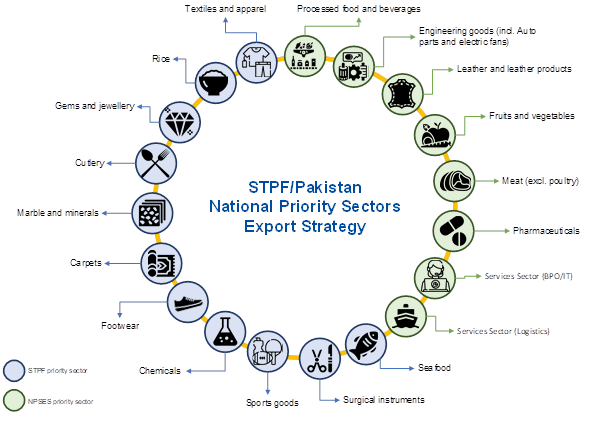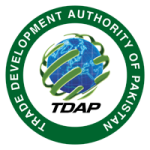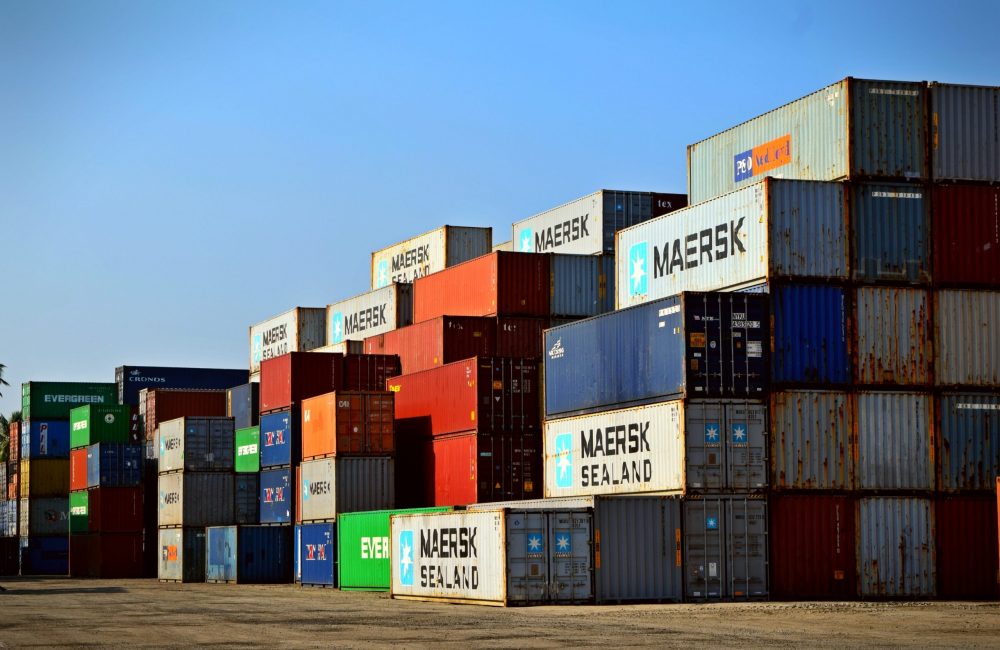Trade Development Authority of Pakistan (TDAP)
+92-21-99225833 | [email protected]
Policy Framework
The Strategic Trade Policy Framework
.Pakistan is now ready to transform its export sector. International trade is the driver that Pakistan needs for a diversified manufacturing base and economic upgradation in a post-pandemic world. After reaching the consensus of the export community of Pakistan, the Ministry of Commerce (MoC) has finally shaped a comprehensive framework to establish conditions for trade-led growth – the new Strategic Trade Policy Framework (STPF) 2020-2025. The STPF focuses on 18 priority sectors, both emerging and established, aimed at diversifying the export base and strengthening local production. The vision of the STPF is for “Pakistan to become a dynamic and efficient domestic market and a globally-competitive export-driven economy”. The STPF document is a dynamic, living document that will undergo changes as a result of ongoing monitoring and evaluation. By addressing the persistent challenges related to policy fragmentation that have hampered the successful implementation of earlier Trade Policy Frameworks, the STPF seeks to make the execution of policies unidirectional. Overall, it strives to improve Pakistani businesses’ capability to produce, distribute, and sell goods and services as or even more effectively than done by the competitors. Ten individual sector export strategies from the 18 priority sectors of the STPF 2020–2025 were created under the initiative called the National Priority Sectors Export Strategy (NPSES).
Focus Sectors

The National Priority Sectors Export Strategy
As part of the 18 priority sectors of the Strategic Trade Policy Framework 2020-2025, individual sector export strategies were developed through the guidance of the Trade Development Authority of Pakistan (TDAP) and in close collaboration with industry leaders. This initiative, called National Priority Sectors Export Strategy (NPSES), focuses on 10 of the 18 STPF priority sectors.
Within the fast-paced transformation of the global economy, its pivot to Asia and changing landscape of international trade and investment, the NPSES allows to sustain a new cycle of export growth for Pakistan, exploiting its vast un-tapped potential for trade and investment development. The NPSES is geared towards strengthened competitiveness of both emerging and established export sectors. It lays out a prioritized five-year action-oriented framework and acknowledges that things need to be done differently to increase trade’s contribution to economic development.
The NPSES will improve the business environment for all Pakistani enterprises. It will create the conditions for diversification by strengthening emerging sectors. Without logistics and institutional alignment these ambitions will only stay on paper, so these areas have been brought to highest level of priority as key enablers for sector growth.
Institutional coordination and alignment will particularly strengthen the Government’s ability to streamline trade reforms. To maintain the momentum sparked by the consultations and continue keeping the private sector in the driving seat for the implementation process, MoC and TDAP are committed to play a constructive and facilitative role. The National Export Development Board (NEDB), Sector Specific Councils (SSCs), as well as a STPF coordination and monitoring unit are setup to achieve this
This new framework for export-led growth will create market diversification, and more high-income jobs, stimulating inclusive and sustainable socio-economic development for the People of Pakistan

Implementing the NPSES will drive economic growth. It will:
- Unlock the development potential of emerging export sectors to provide new job opportunities.
- Establish the conditions required for export industries to grow in Pakistan and generate new skills locally.
- Enable small and medium-sized enterprises (SMEs) and start-ups to begin exporting through the provision of better trade services.
- Position the country strongly as a player in the region.
- Help ease administrative procedures to reduce the costs of doing business for exporters, thereby fostering further entrepreneurship and innovation.
Contact Us
Trade Development Authority of Pakistan 5th Floor, Block A, Finance & Trade Centre P.O. Box No. 1293, Shahrah-e-Faisal, Karachi 75200 Pakistan.
Related Links
- Ministry of Commerce
- Special Investment Facilitation Council
- The Federation of Pakistan Chambers of Commerce & Industry
- Pakistan Bureau of Statistics
- Ministry of Foreign Affairs
- Pakistan Standards & Quality Control Authority
- Federal Board of Revenue
- State Bank of Pakistan
- National Tariff Commission
- Trade Dispute Resolution Organisation
- Trade Map
- Pakistan Single Window
- Pakistan National Accreditation Council
- UN Sanctions SROs (MOFA)












